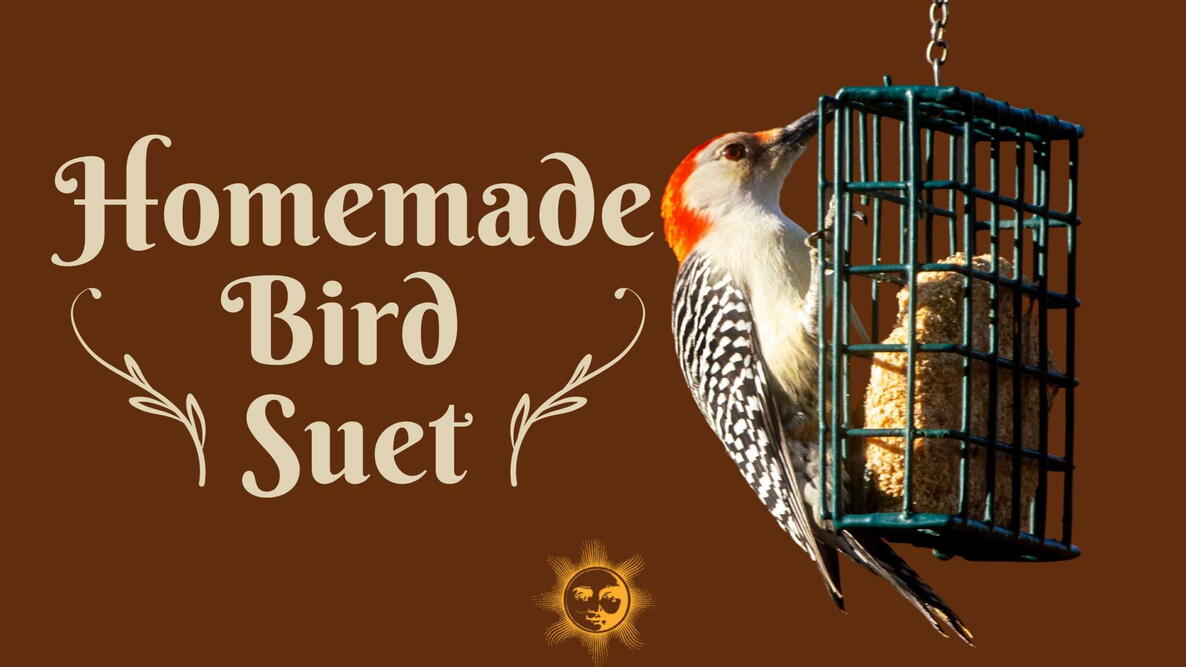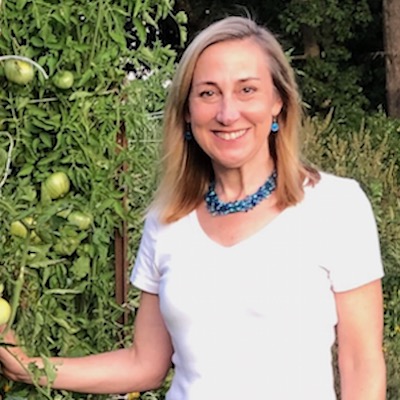Primary Image

Try These Homemade Suet Recipes!
More Like This
I'd like to reiterate "Never use sugar." Even for hummingbirds it first is completely dissolved in 4X water and boiled for 5+ minutes to keep from fermenting or crystalizing. It's just a bad idea; so is raw honey. Use pure peanut butter with no sugar or additives. Use whole-grain raw oats if you must.
Keep it as natural as possible. Other than that, these are basically good ideas. As soon as the suet cakes become discolored or dark-edged, throw them into the compost pile and put out fresh ones.
I should like to mention that sugar should NEVER be fed to birds, unless they are hummingbirds. Hummingbirds do not eat suet. Sugar is extremely dangerous for birds. They are not able to process it and so contract acute diarrhoea and become so emaciated that they die. I recognise that the recipe isn't yours, but perhaps you could add a note of caution?
I'm going to use some deer suet that I've rendered from the deer my husband harvested this year. It'll be a great homeschool project - my boys love feeding the birds!
where can i get the little 5 x 5 x 1 inch trays that store bought suet comes in?
you could probably buy a soap mold at a craft store that would do.
I am making suet from pork fat. Yesterday I cut up and cooked the fat pad. There is thick skin on the outside. I drained the fat and refrigerated it last night. Today when I emptied it there was white fat on top and under a clear yellow jelly under the fat. Should I put this jelly in the suet I am making? do you know what it is?
Thands, Melanie
How about grinding up a tablet of Calcium Citrate, commonly used in humans to prevent osteoporosis, with a mortar and pestle and adding that to the mix? Birds need calcium also.
It's safer to mix in crunched up baked eggshells. Birds can then select the the bits of shell if they need vs getting too much if it's mixed in as a powder and possibly suffering health issues.
Why do you add sugar to bird feed?
You really should not add sugar. Only some birds are adapted to processing Food with high sugar content like nectar and fruits such as hummers and orioles. That said the recipe in this article has 1/2 of sugar to 8 cups of other ok bird foods. So it's essentially 1/16 a cup of sugar per cup, which, not optimal,isn't a terrible amount either.
- « Previous
- 1
- 2
- …
- 10
- Next »









Comments